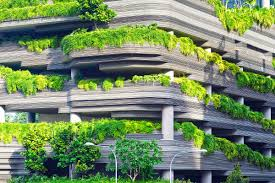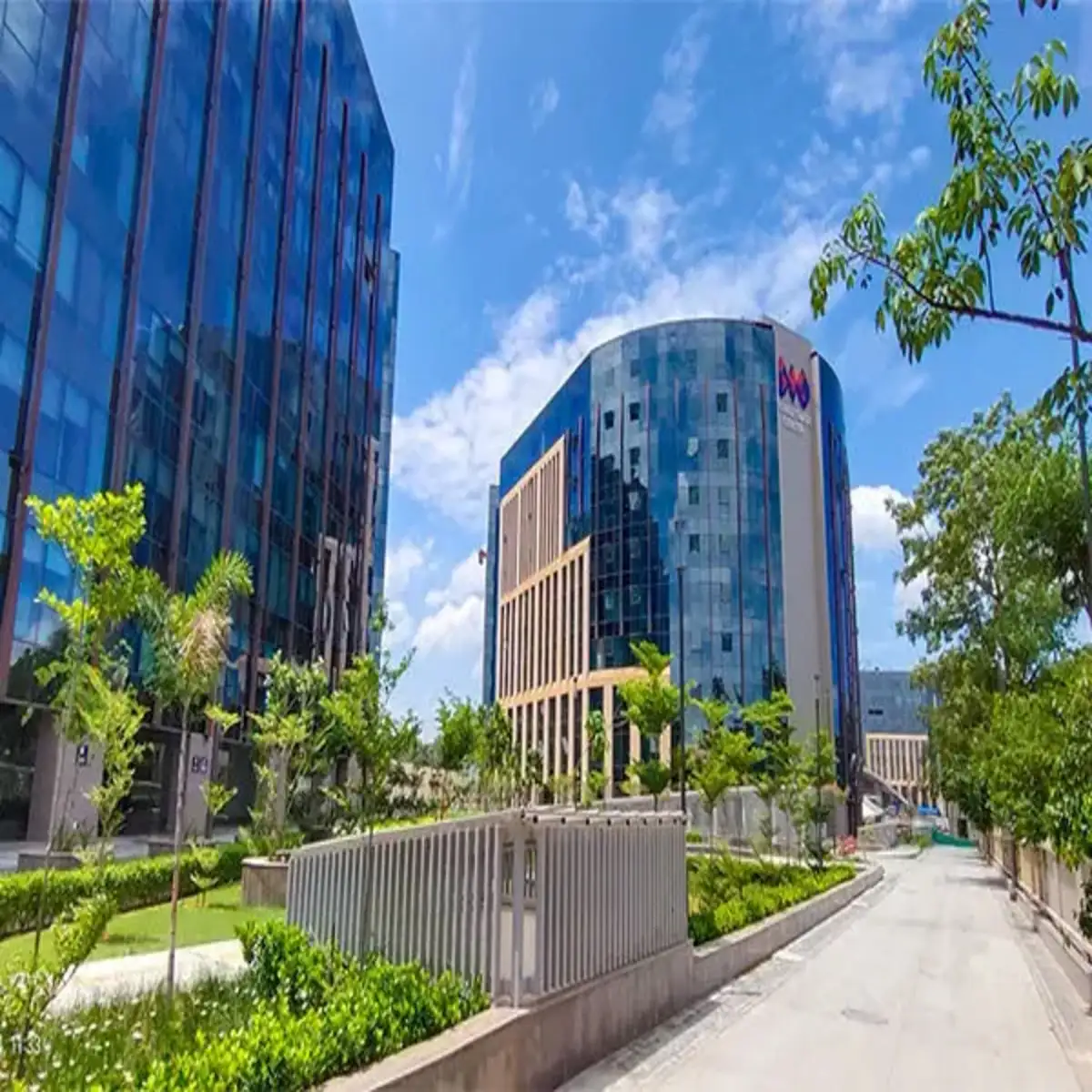Now Reading: UAE Construction Delays: What’s Causing the Major Slowdown Now 2025?
-
01
UAE Construction Delays: What’s Causing the Major Slowdown Now 2025?
UAE Construction Delays: What’s Causing the Major Slowdown Now 2025?
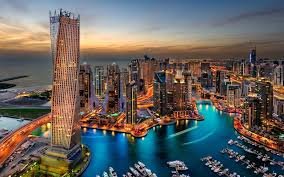
Dubai, UAE – Construction is a key part of the United Arab Emirates’ growth and development. From stunning skyscrapers to massive infrastructure projects, the UAE has long been known for building fast and building big. However, in recent months, many construction projects in the UAE have experienced serious delays. These delays are causing frustration among developers, contractors, investors, and residents waiting for their homes or business premises.
In this article, we explore the main causes behind construction delays in the UAE, the industries affected, and what is being done to fix the problem.
A Growing Problem Across the Emirates
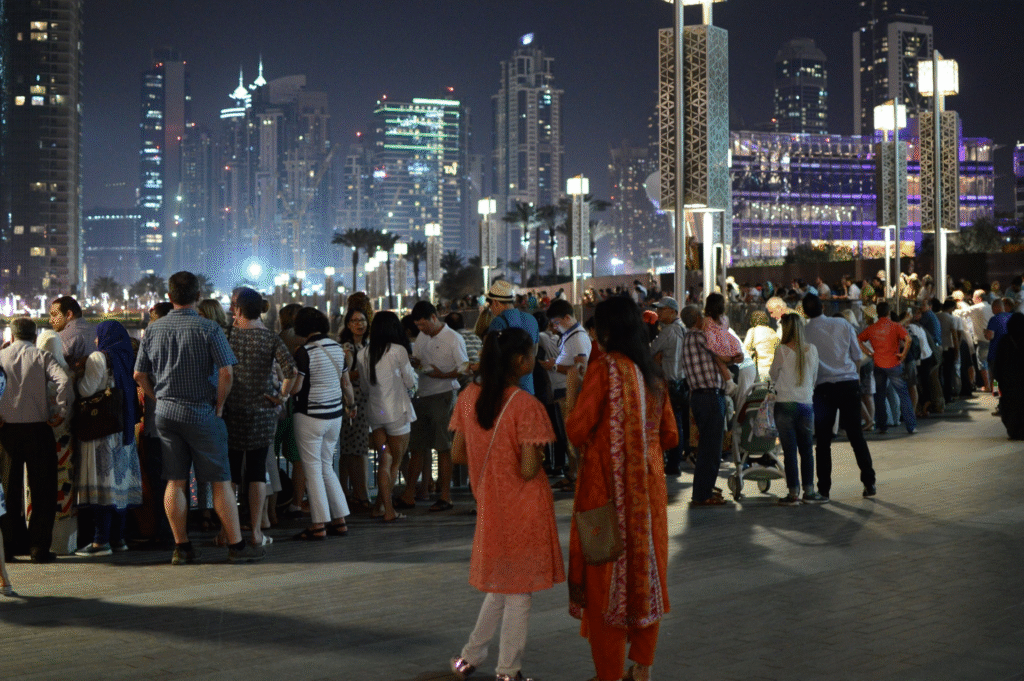
Construction delays have become a widespread issue across different emirates, especially in Dubai and Abu Dhabi. Projects that were supposed to finish in 2023 are now being pushed into 2024 or beyond. Some developers have even stopped work completely, leaving construction sites idle.
These delays affect not only residential buildings but also office towers, shopping malls, and public infrastructure like roads, airports, and hospitals.
Why Are UAE Construction Projects Being Delayed?
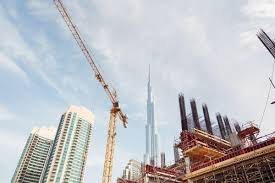
There are several major reasons why construction in the UAE is taking longer than expected:
1. Supply Chain Disruptions
Since the COVID-19 pandemic and the war in Ukraine, global supply chains have faced serious problems. Materials like cement, steel, and electrical components are harder to source or more expensive to import. Many UAE builders depend on international suppliers, and any delay abroad affects local timelines.
2. Labour Shortages
The UAE construction industry relies heavily on foreign labor, especially from South Asia. New visa rules, health restrictions, and higher costs of living have made it difficult to attract and retain skilled workers. Fewer workers mean slower progress on-site.
3. Rising Construction Costs
Prices for materials, fuel, and labor have gone up. Developers on tight budgets may pause construction until they can secure new funding or renegotiate contracts. This causes further delays and uncertainty.
4. Permit and Approval Delays
In some cases, projects are delayed because of slow paperwork. Delays in getting approvals from local authorities or changing building regulations can bring work to a stop, especially for large-scale developments.
5. Developer Cash Flow Problems
Some real estate developers face financial difficulties, especially if property sales are slow. This can limit their ability to pay contractors or purchase materials on time.
Who Is Affected the Most
The construction delays in the UAE are affecting several groups:
- Homebuyers: Many buyers who invested in off-plan properties are still waiting for their homes. This creates extra costs if they must continue renting or find temporary housing.
- Contractors and Workers: Smaller contracting companies may suffer if payments are delayed. Workers may face job loss or reduced hours.
- Investors: Those who invested in real estate or construction projects are seeing delayed returns, making future investments riskier.
- Retail and Tourism: Malls, hotels, and entertainment venues that are delayed miss out on peak seasons or important events.
What’s Being Done to Fix the Problem?

Despite the challenges, there are efforts across the UAE to improve the situation:
Government Support
Dubai and Abu Dhabi authorities are working to streamline approvals and reduce red tape. Digital permit systems are being introduced to speed up paperwork and inspections.
New Technology
Some construction firms are turning to technology such as Building Information Modelling (BIM), 3D printing, and drones to make work faster and more efficient.
Project Restructuring
Developers are revisiting their project timelines and budgets. Some are partnering with new investors or switching contractors to get projects moving again.
Focus on Local Suppliers
To avoid international delays, more builders are trying to use locally made materials and regional suppliers. This may help reduce shipping delays and cut costs.
Expert Opinions
According to Mohammed Al Marri, a construction consultant based in Dubai:
“Delays are never good for business, but many companies are adapting. The future of UAE construction is still strong — this is just a temporary challenge.”
Sarah Thomas, a real estate agent, adds:
“Buyers need to be patient and cautious. Always check the developer’s track record and construction progress before investing in off-plan properties.”
Outlook for the UAE Construction Sector
The long-term outlook for UAE construction remains positive. The government continues to invest in smart cities, tourism infrastructure, and sustainability projects like green buildings. Events like COP28 and Expo City development have also kept attention on the UAE’s commitment to modern and sustainable construction.
However, industry experts warn that without faster solutions to current delays, trust in the market may weaken.
Final Thoughts
Construction delays in the UAE are a serious concern, but they are not uncommon in a fast-growing market. With the right actions — better planning, more local sourcing, smart tech, and faster approvals — the industry can bounce back.
For anyone investing in property or construction in the UAE, now is a time to stay informed, be cautious, and watch for signs of recovery.
Read More:- Shobha Realty Launches Its Most Luxurious Project Yet—Full Details Inside 2025



